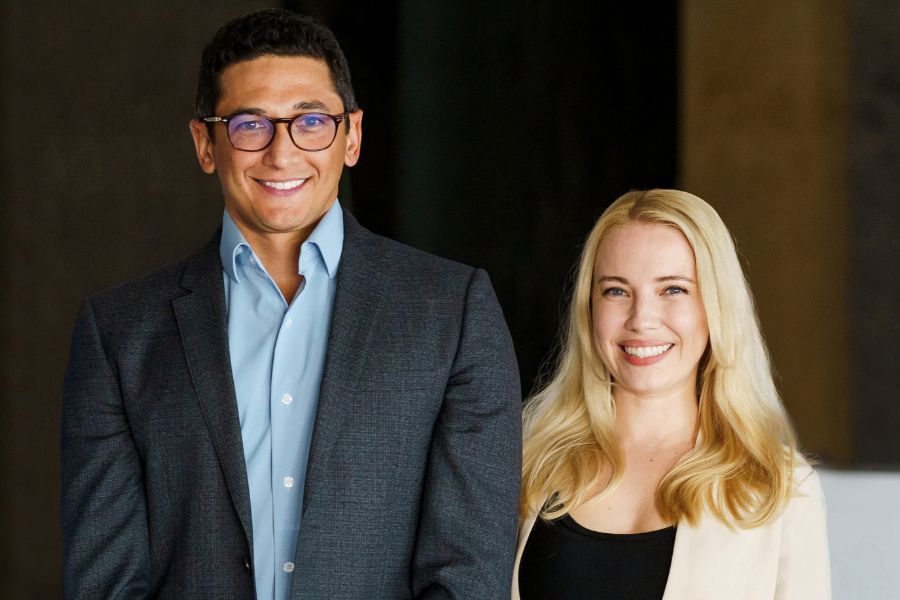Client philanthropy: The gift that keeps giving
Advising on gifting helps build stronger ties to family, adds to book of business
Financial advisers who don’t address philanthropic planning with their clients stand to hurt their own businesses, according to King McGlaughon, chief executive of Foundation Source Philanthropic Services Inc.
Surveys show that at least 75% of U.S. households are giving to charities. Typically, gifting rises as wealth increases.
“The clients we want are already fully engaged in philanthropy even if they won’t put that big word on it,” said Mr. McGlaughon, speaking at an International Association of Advisors in Philanthropy conference in Chicago on Thursday. “Ignoring that is perilous to your relationship as an adviser and to the client’s good health.”
Advisers who offer a wealth strategy that harnesses and unleashes what clients have created are providing a valued service that will strengthen their relationships and help retain clients, Mr. McGlaughon said.
Gifting is a natural instinct as clients get older. Many believe gifting will ensure that they will be remembered after they pass away. Mr. McGlaughon said most people can’t name their eight great-grandparents, and some don’t even know the names of their grandparents.
“That means in two generations, your direct descendants will not know your name,” Mr. McGlaughon said. “Philanthropy is about creating a legacy, a memory, a footprint on the Earth that says, ‘I was here.’“
Advisers should be familiar with the philanthropic tools that clients can use to support their causes, save on taxes and leave their mark for future generations. They also should know philanthropic advisers who do not manage investments but who specialize in leading people through a self-discovery process to help them recognize their philanthropic goals and priorities, he said.
Yale Levey, an adviser with Royal Alliance Associates Inc., about eight years ago decided that philanthropic planning should be included in the wealth advice he provides to clients. These services aren’t something that advisers need to give away, Mr. Levey, who helped start the Metro New York Philanthropic Advisors Network, or NYPAN, said at the conference Friday.
Depending on how much of the process advisers complete for clients, advisers can charge fees for helping clients figure out their overall giving goals and mission, for developing the actual financial plan that will carry out their mission and for setting up the financial tools or products needed to fulfill the plan, he said.
Advisers also should invest in their own education and systems to support their plan services and forge alliances with philanthropic advisers, charities, community foundations and other financial advisers, Mr. Levey said.
Learn more about reprints and licensing for this article.








